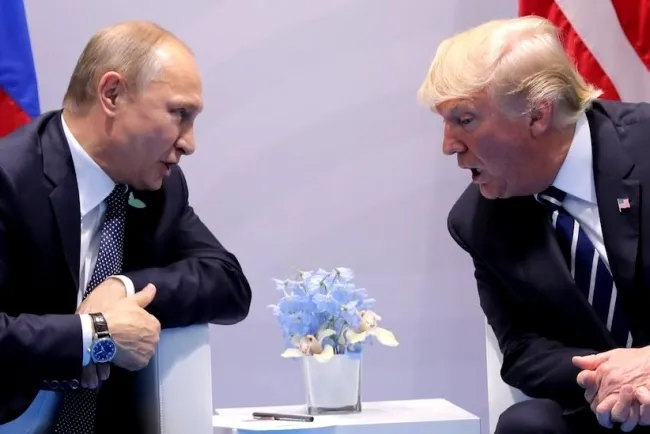India Takes Strong Measures Against Pakistan Following Terror Attack
In response to the horrific terror attack in Pahalgam that claimed 26 civilian lives, India has implemented a series of significant measures against Pakistan. The Indus Waters Treaty, a crucial water-sharing agreement established in 1960, has been suspended, and entry for Pakistani citizens into India has been barred until further notice. These actions were confirmed by India's Cabinet Committee on Security (CCS), which convened to discuss the implications of the attack and assess India's diplomatic approach.
Suspension of the Indus Waters Treaty
Effective immediately, the Indus Waters Treaty has been put on hold, a move aimed at pressuring Pakistan to take credible action against terrorism. This treaty, which governs the sharing of river waters between India and Pakistan, is a critical aspect of bilateral relations. The CCS resolution emphasizes that the treaty will remain suspended until Pakistan takes irreversible steps to combat terrorism.
Closure of Integrated Checkpost and Visa Privileges
Alongside the treaty suspension, the Atari Integrated Checkpost has been closed to all cross-border movement. Pakistani nationals currently in India under the SAK visa framework have been given 48 hours to leave the country. This dramatic escalation in India's response reflects a determination to tighten diplomatic channels and isolate Pakistan internationally.
Expulsion of Pakistani Military Advisors
In an additional measure, India has expelled all Pakistani military advisors from its high commissions, significantly reducing the diplomatic presence of Pakistan in India. The overall strength of the high commissions will be limited to just 30 personnel as part of these efforts to diminish Pakistan's influence.
Military Preparedness and Ongoing Operations
In light of the heightened security situation, India has ordered its military forces along the border to remain vigilant. The CCS evaluated the overall security landscape and mandated that all military units maintain a high state of alert. The meeting included discussions on the need to bring the perpetrators of the Pahalgam attack to justice and to hold accountable those who support terrorism.
Pakistan’s Response
In response to India's actions, Pakistan has convened an emergency meeting of its National Security Committee, consisting of senior civilian and military officials. The committee aims to formulate a strategic response to India's diplomatic measures. Pakistan's Defense Minister has indicated that the agenda will focus solely on responding to India's latest moves.
Ongoing Security Operations in Kashmir
As tensions rise, security operations are intensifying in Kashmir, with encounters reported in both Kulgam and Udhampur. One Indian soldier has reportedly died in the ongoing gun battles, and security forces are actively searching for militants linked to the recent attack. The overall security situation in Jammu and Kashmir is under heightened scrutiny, with thousands detained for questioning since the attack.
Conclusion
The situation between India and Pakistan remains tense, with both nations preparing for potential escalations in diplomatic and military engagements. As India adopts a robust stance against perceived threats from Pakistan, the international community watches closely, knowing that these developments could have far-reaching implications for regional stability.
For ongoing updates on this developing story, stay tuned to our news platform.
What's Your Reaction?
















